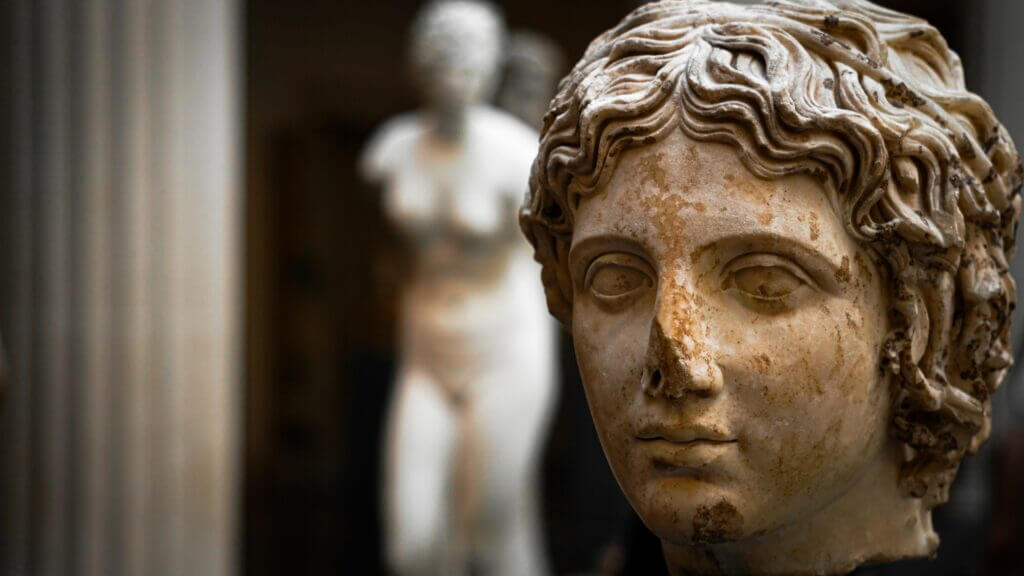First Things First: Classical Languages and the Soul, Part 2
Previously, I developed the idea of the latent tension between the active and contemplative life. We must live in the world and work for our bread, but there are higher things than food and clothing. This is how Jesus directs his hearers in the sermon on the mount. “Do not lay up treasures on earth… […]
First Things First: Classical Languages and the Soul, Part 2 Read More »














